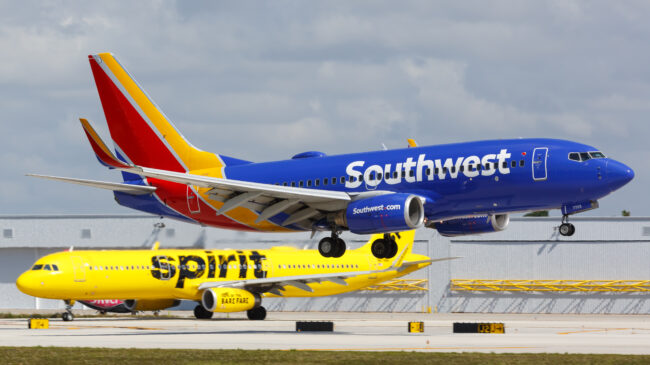Heavy-handed economic regulation of airlines characterized the first several decades of civil aviation in the United States. Basic business decisions on routes and fares were dictated by the federal Civil Aeronautics Board, which created and enforced a national cartel on interstate air transportation. Following deregulation in the late 1970s, market competition reshaped the domestic airline industry to serve many more travelers at far lower prices.
Despite the unambiguous benefits that resulted from airline deregulation, some wish to resurrect regulatory barriers from the past. In addition, past airline deregulation did not address related civil aviation policies that continue to unduly restrict airline competition to the detriment of consumers.
This brief examines the past, present, and future of airline regulation in the United States.
It begins by surveying the pre-deregulation policy history of air travel, continues with an examination of the results of deregulation, and concludes with recommendations for policymakers on how to target future reforms in a manner that most benefits consumers.
The U.S. experience with airline deregulation shows that eliminating government barriers to competition can generate enormous benefits for consumers. The market liberalization enabled by the Airline Deregulation Act effectively democratized air travel, transforming a luxury service into a conventional mode of transportation for the masses.
Despite these undeniable gains to consumer welfare, there is unfinished business for policymakers to address.
First, Congress has left a large loophole in deregulation by poorly defining unfair business practices and methods of competition, allowing the Department of Transportation to flout the spirit of the Airline Deregulation Act and gradually chip away at Congress’ reforms.
Second, airport access limitations due to outdated financing and slot policies deny consumers the benefits of new carrier competition at the busiest airports.
Finally, airline deregulation stopped at the border, and consumers could benefit from unleashing international air carrier competition on domestic routes.
Policymakers are facing renewed pressure from misguided activists and special interests to resurrect the failed policies of the past—often in the name of promoting airline competition and consumer welfare. These proposals should be rejected.
Instead, Congress should focus on addressing the remaining policy barriers to air carrier competition to usher in a long-awaited new era of airline deregulation and the benefits to consumers that will arise.

